Which kinds of impacts play the most important role in recent evaluation studies? Which policy instruments are most frequently evaluated according to social and environmental impacts and what are the characteristics of the policy measures for which social and environmental impacts are evaluated?
The 8th RISIS Policymakers Session will take place on the 30th September in an online format (2 pm – 4 pm) with a presentation of Dr. Susanne Bührer, Dr.Susanne Meyer, and Dr. Jakob Edler (Fraunhofer ISI), entitled SIPER Database, The increasing role of studies on social & environmental impacts aiming to illustrate the social and environmental impacts of research and innovation. In particular, this type of impact has recently become the focus of attention in view of the intense debate on the contribution that research and innovation can make to achieving social goals and solving global challenges, as defined in the Sustainable Development Goals (SDGs).
The SIPER Database (Science and Innovation Policy Evaluations Repository) is based on a systematic search of evaluation reports in the field of research and innovation policy, carried out by researchers. SIPER provides three types of publicly accessible data for each of the coded evaluation reports: 1) A basic classification of the policy measures/instruments including their targets groups, funding modalities, and objectives. 2) Basic information on each evaluation report such as title, author(s), language, or country. 3) A factual characterisation of elements that can be inferred from the reports themselves, e.g. methods, timing, and topics. 4) A quality assessment of the evaluation reports done by the coders.
The analysis conducted by Fraunhofer ISI focuses on studies up to and including 2017. In total, about 920 evaluation reports have been collected until 2021, of which 748 were also coded. SIPER analyses focus on studies in the EU and here in particular in countries like UK, Germany and Austria. The findings show that the analysis of impacts has increased significantly since 2008. Scientific, economic, and knowledge-related impacts are recorded most frequently. The analysis of social impacts is in line with the general trend and, according to the current status of the coded evaluation reports, has taken an upward turn, especially in 2012. The same is true for environmental impact analyses, which are mentioned least often overall in the SIPER Dataset with its focus on RTI policy (Research, Technology & Innovation policy). Concerning topics covered gender and minority issues play a much larger role for evaluations covering social impact than in other evaluation studies.
The study conducted using SIPER Database have shown that a new type of impact analysis is emerging with a focus on social and environmental impacts. They differ in several respects from evaluations in the field of scientific, technological, and economic impact, which have a long tradition and are typically based on a broadly accepted and proven set of indicators and methods.






